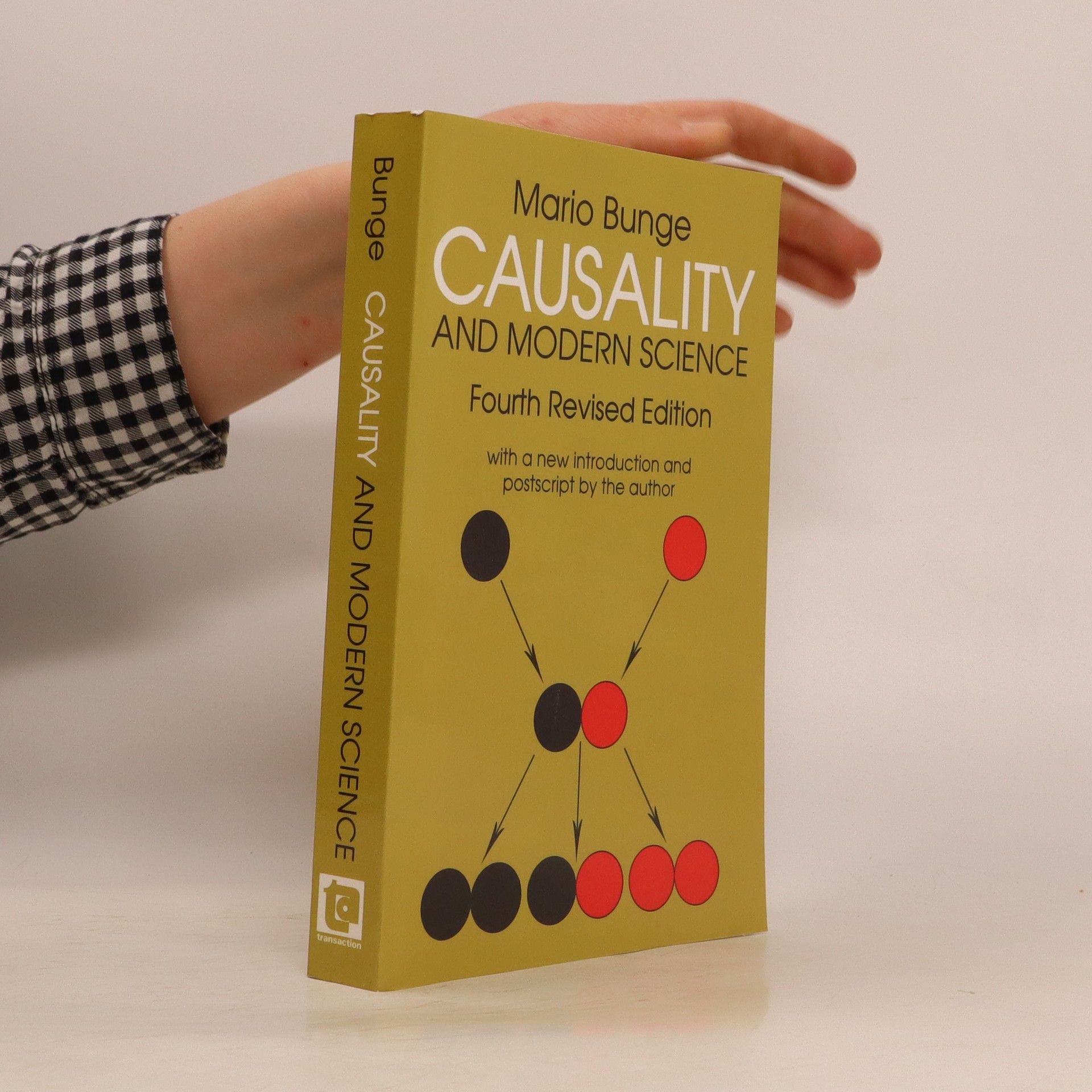Über die Natur der Dinge
Materialismus und Wissenschaft
Für den Idealismus stellt das menschliche Bewusstsein das Zentrum der Welt dar, für den Materialismus dagegen ist die reale Welt das Primäre und der Mensch ihr Produkt. Obwohl der Materialismus so alt ist wie die Philosophie selbst, bildete er stets die Minderheitenposition. Nun scheinen vor allem die Naturwissenschaften die materialistische Sicht der „Natur der Dinge“ zu bestätigen. Doch ist die Wissenschaft wirklich materialistisch? Und was können Philosophen in unserer Zeit noch über die Natur der Dinge sagen, wo doch hier die Naturwissenschaftler das Wort führen? Dieses Buch zeigt, was dies im Sinne eines modernen Materialismus sein kann. Der Materialismus hatte seit seiner Entstehung in der griechischen und indischen Antike immer einen starken aufklärerischen und emanzipatorischen Aspekt, weil er sich stets gegen die herrschenden Illusionen wandte. Dadurch wirkte er zugleich befreiend und bedrohlich. Auch dieser Aspekt der materialistischen Tradition kommt hier zur Sprache.



